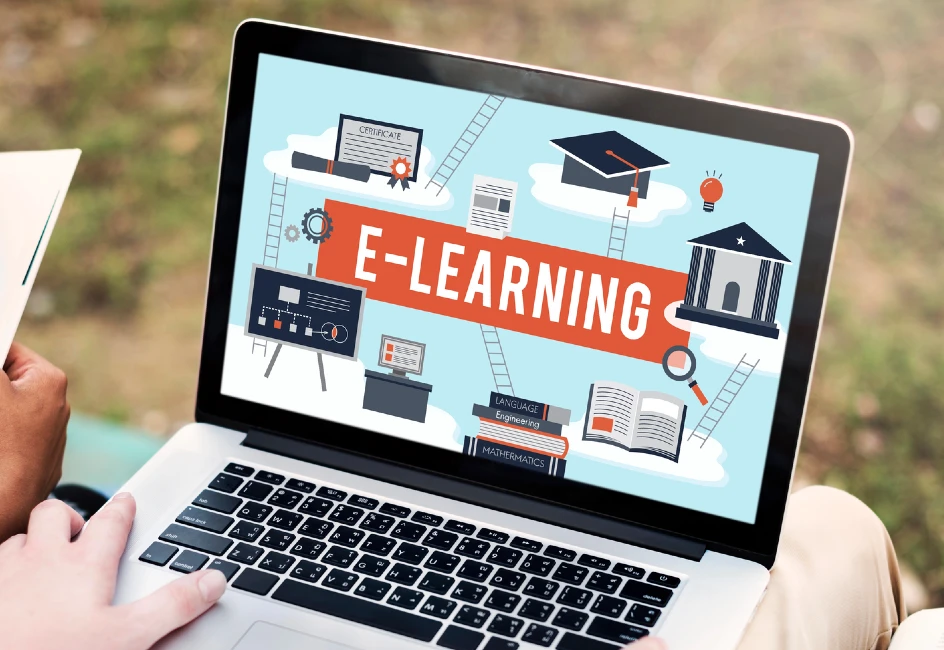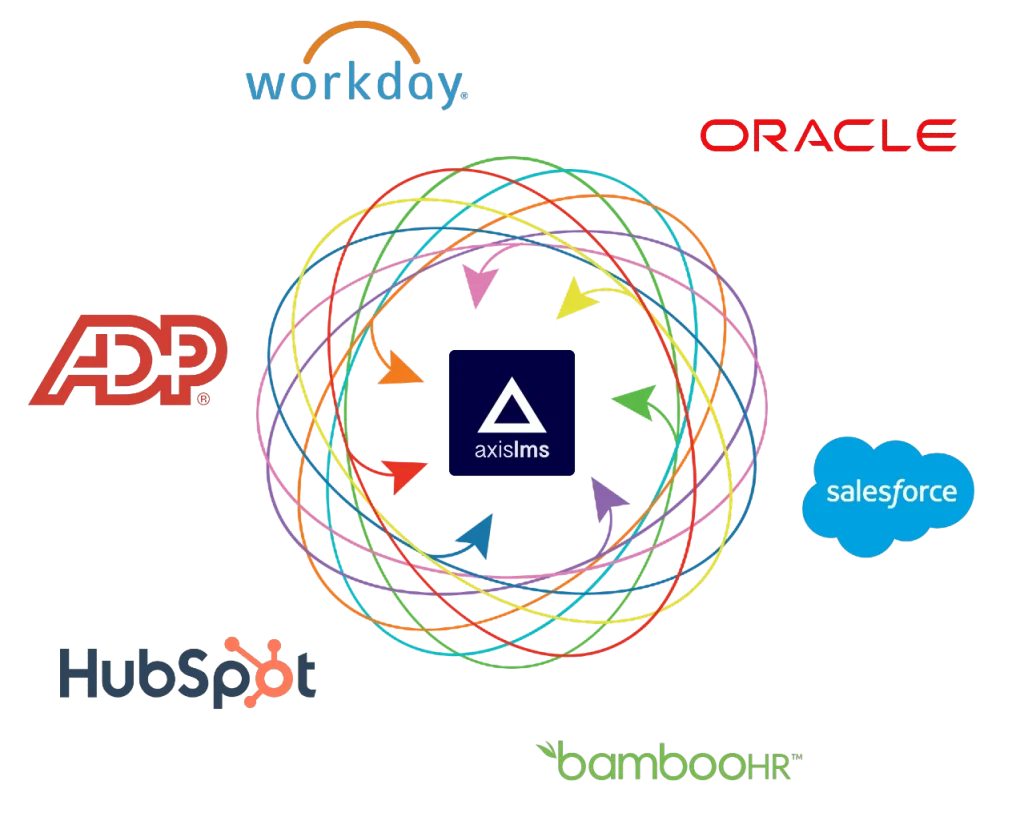In the rapidly evolving landscape of online education, an LMS (Learning Management System) plays a crucial role in facilitating efficient and engaging eLearning experiences. With the right features, an LMS can enhance the learning process, making it more interactive, accessible, and impactful. This article explores the essential features that every learning management platform should possess to support effective eLearning.

User-Friendly Interface
An intuitive and easy-to-navigate interface is essential for an LMS to ensure that users can easily access and navigate through the course content. A user-friendly interface enhances the overall learning experience and encourages learners to engage with the material.
Content Management System (CMS)
A robust CMS allows administrators to create, organize, and manage course content efficiently. It should support various multimedia formats, such as videos, presentations, and quizzes, to create engaging and interactive learning materials.
Mobile Compatibility
With the increasing use of mobile devices for learning, an online learning management system must be mobile-compatible. This allows learners to access the course content anytime, anywhere, making learning more accessible and flexible.
Assessment and Feedback Tools
Effective assessment tools, such as quizzes and assignments, are essential for evaluating learners’ progress and understanding. Additionally, feedback tools allow instructors to provide timely and constructive feedback to learners, helping them improve their knowledge of the material.
Reporting and Analytics
Robust reporting and analytics tools provide administrators and instructors with valuable insights into learners’ progress and performance. This data can help identify areas for improvement and tailor the learning experience to meet individual needs.

Social Learning Features
Incorporating social learning features, such as discussion forums and chat rooms, can enhance collaboration and engagement among learners. It allows them to interact with each other, share ideas, and learn from one another.
Gamification
Integrating gamification elements, such as badges, points, and leaderboards, can make the learning experience more engaging and motivating. It can also help increase learner retention and participation.
Customization and Branding
An LMS should allow for customization and branding to reflect the organization’s brand and culture. This creates a more personalized learning experience for learners and reinforces the organization’s identity.
Accessibility Features
Ensuring that an LMS is accessible to all learners, including those with disabilities, is essential. This includes features such as screen reader compatibility, keyboard navigation, and text-to-speech functionality.
Integration Capabilities
An LMS should have the ability to integrate with other systems and tools, such as HR systems and content authoring tools. This allows for seamless data exchange and enhances the overall functionality of the LMS.

In conclusion, the features mentioned above are essential for any LMS to support compelling eLearning experiences. By incorporating these features, organizations can create engaging, interactive, and impactful online learning environments that enhance learners’ knowledge and skills.
Transform eLearning with Atrixware
Revolutionize your training with Atrixware’s cutting-edge learning management software. Enhance engagement, streamline content management, and track progress with ease. Our user-friendly interface and customizable features make learning accessible and enjoyable for everyone.
Whether you’re training employees, customers, or partners, Atrixware’s LMS has you covered. Take the next step towards more effective training and more tremendous success. Request a demo of the eLearning management system, or contact us today and experience the difference Atrixware can make for your organization.